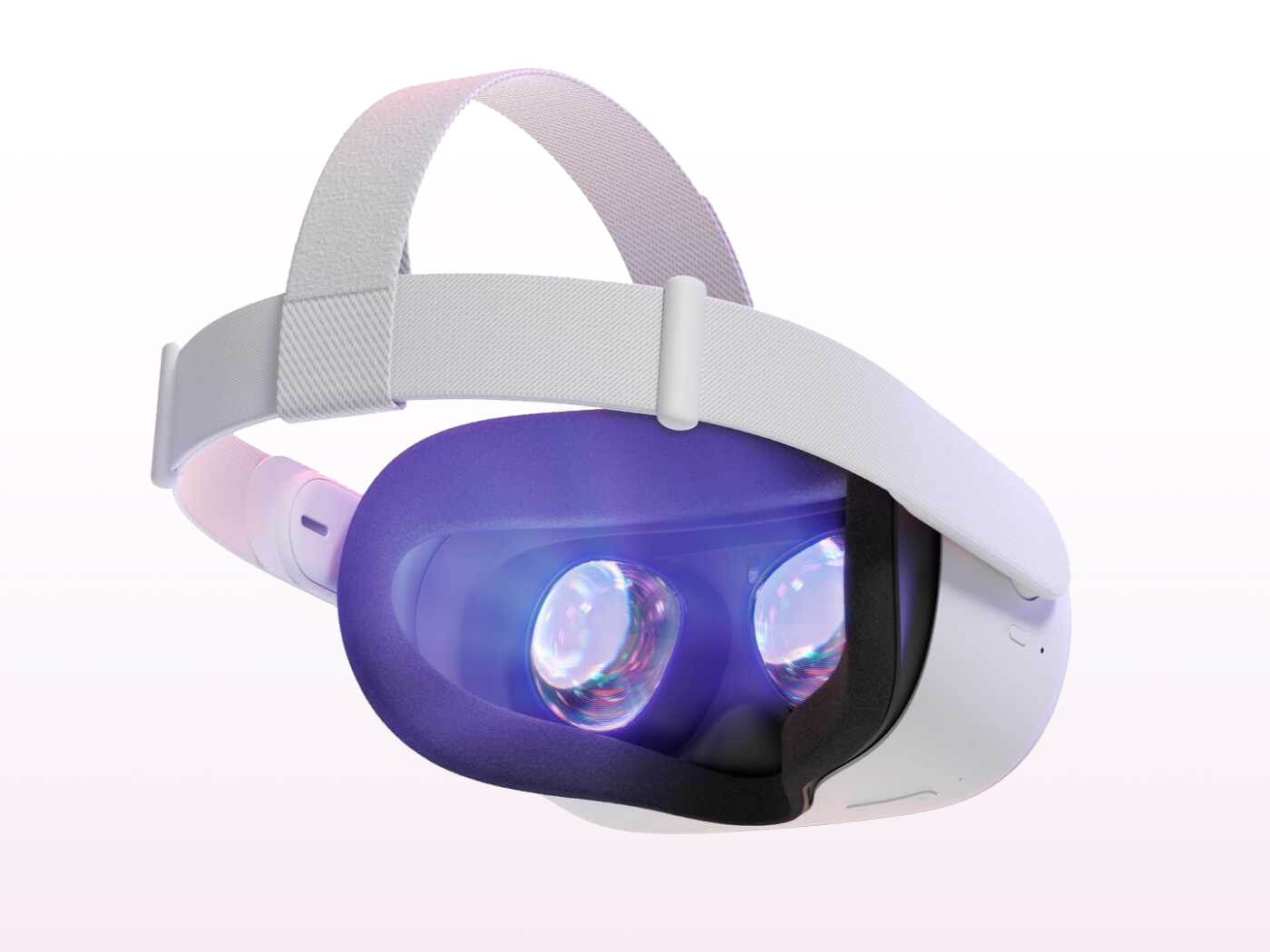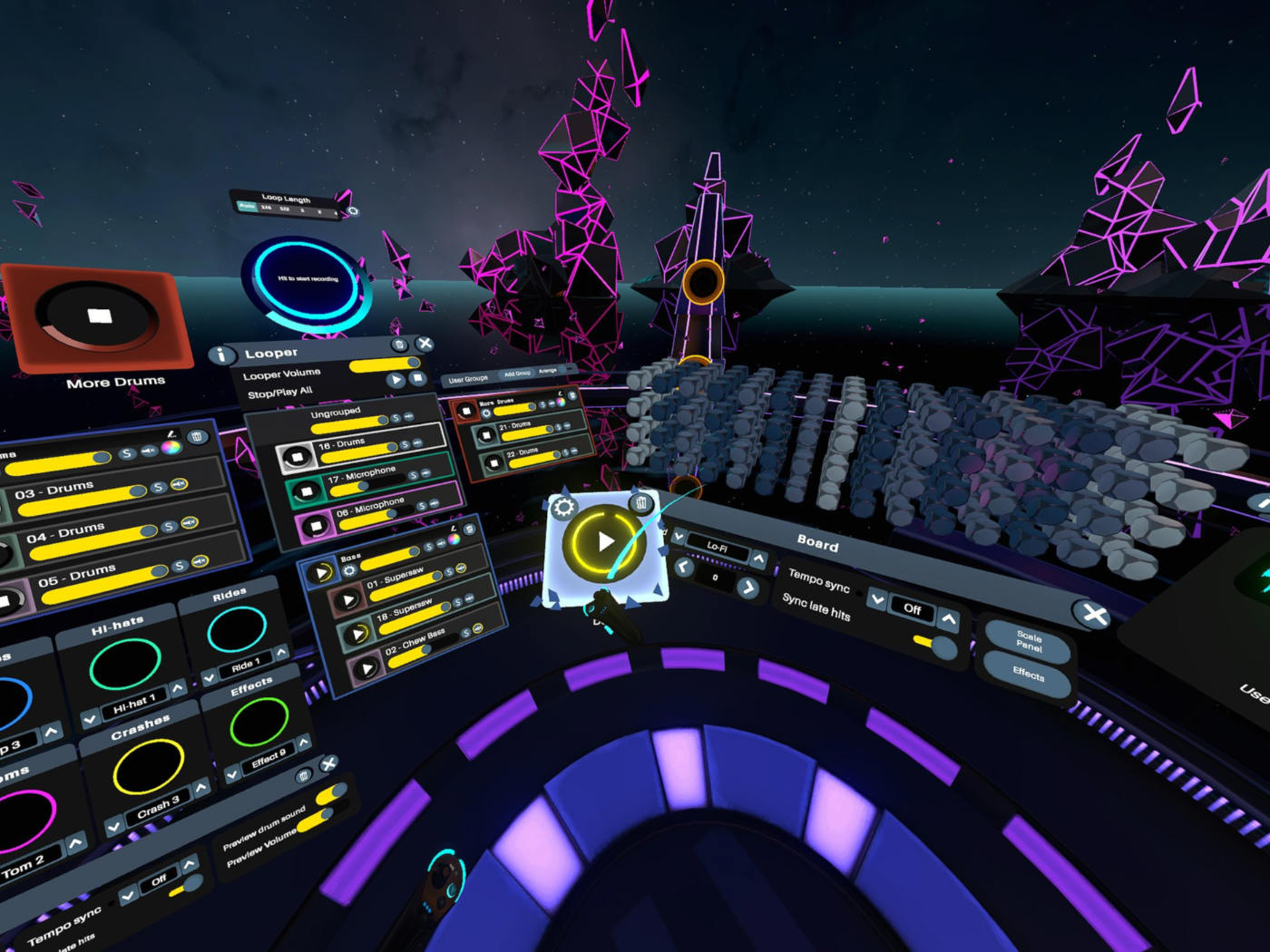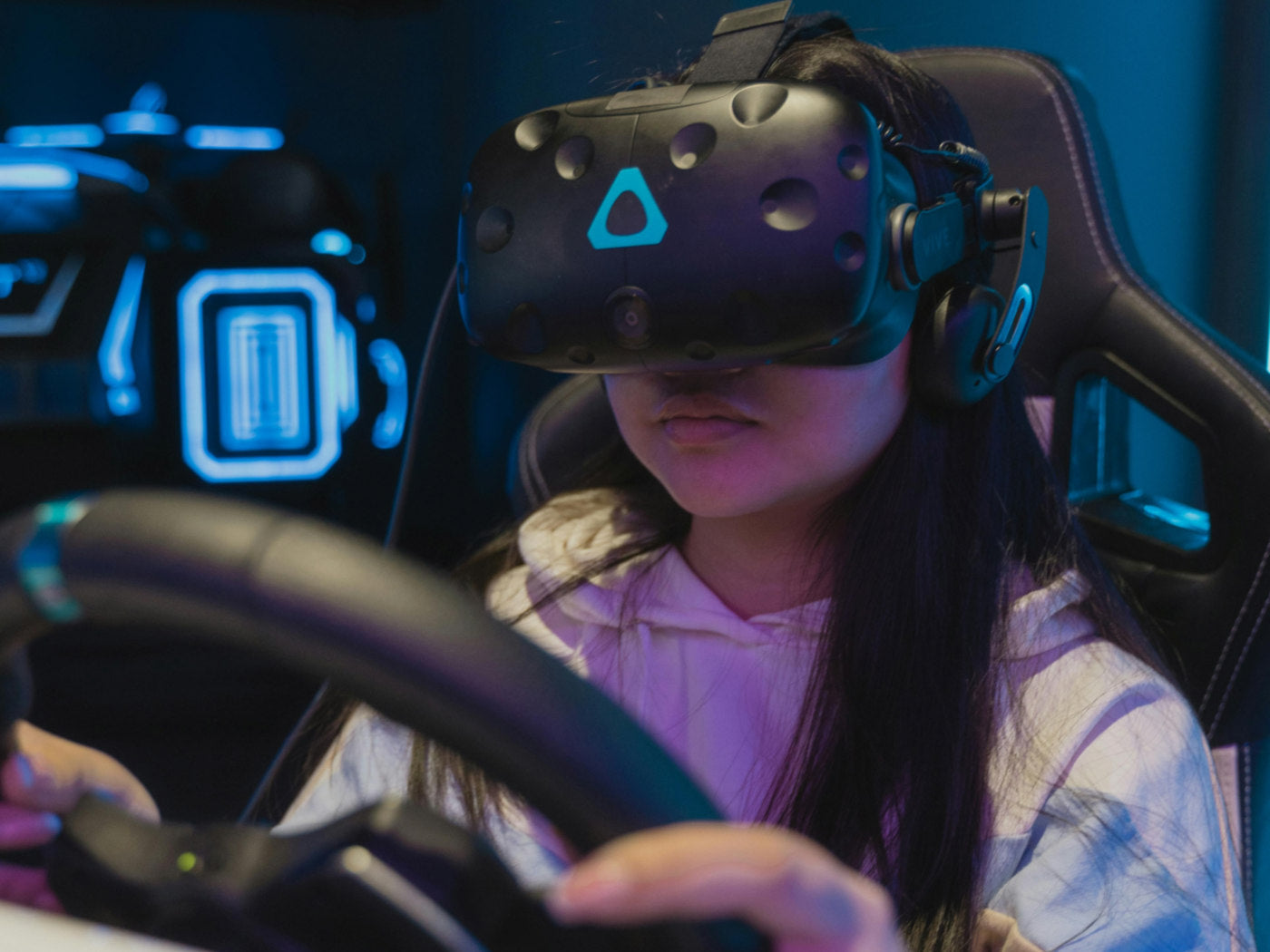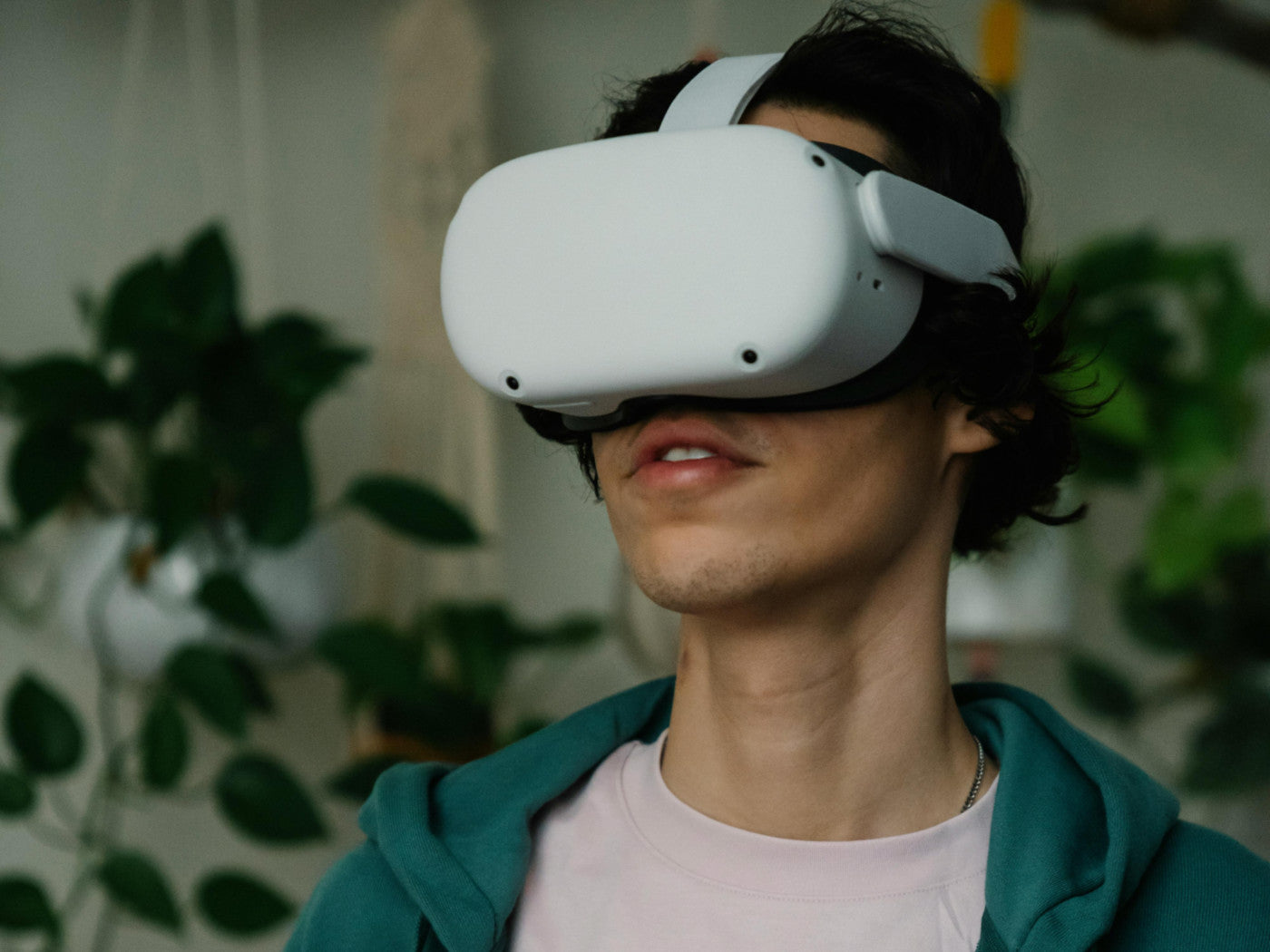Blue light exposure can be a real problem for those of us who spend a lot of time in virtual reality, whether it's playing games or watching movies. But is blue light really bad and should you turn on the Night Display?
Blue Light Meaning
A form of high-energy visible light called blue light has extremely short wavelengths and a lot of energy. Throughout a busy day, blue light is present in numerous locations.
The light created by the sun comes in a variety of colors, including this one. Light's energy level, which is correlated with its wavelength, is also influenced by its color.
Blue light is in the center of the spectrum in terms of both wavelength and energy content. Red light is at the bottom end of the visible light spectrum, which has long wavelengths, and UV light is at the top of the energy scale.
Can VR Blue Light Damage Your Eyes?
When the body requires to be attentive during the day, blue light might be excellent. However, at night, when the body is only exposed to the sun's natural light, this might become an issue.
More research appears to be pointing to some pretty alarming problems associated with prolonged exposure to blue light. This is significant since many people might not even be aware that they are harming themselves.
Blue light rays are not sufficiently shielded by our eyes' natural filters. The cornea filters UV light to a large extent. However, blue light is able to penetrate the cornea and reach the retina.
Blue Light Affects Sleep
The powerful blue light waves of broad daylight and the softer, redder tones that indicate the end of the day can be distinguished by light sensors in your eyes. The sensors in your eyes signal your body to release its natural reserves of the hormone melatonin, which induces sleep, as soon as the light around you begins to fade into those sunset colors.
According to a 2015 study, when individuals are exposed to blue light in the late afternoon or early evening, their body systems don't generate as much melatonin, which delays or disrupts their sleep cycles.
Blue Light Causes Eyestrain
Blue light has a sheer that makes it more challenging for the eye to filter out its damaging rays because it has a shorter wavelength and greater energy.
This indicates that blue light generally causes more harm. The main issue is that the contrast is typically reduced by the less focused energy. As a result, the visuals generated cause significant digital eye fatigue.
Turning On Quest 2's Blue Light Filter
The Quest 2 has a night display or night mode that turns off your device's blue light. You only need to use the following steps, and it's really simple:

1. Launch the home screen.
2. You may access the Settings by clicking the link on the bottom right.
3. On the Device option, which is in the second row, you can see the Night Display.
4. Switch it on.
Adjusting Brightness on Oculus Quest 2
The Quest 2 software has updated a new feature where you may be able to prevent it from being too strenuous on your eyes. To adjust the brightness:

1. Launch the home screen.
2. You may access the Settings by clicking the link on the bottom right.
3. Go to the Quick Actions button on the first row
4. You will see a slider for adjusting brightness.
5. Adjust it to your own preference.
Best Quest 2 Prescription Lenses:
1. ZyberVR Quest 2 Prescription Lenses With Blue Light Protection
These prescription lenses could more effectively shield your eyes by filtering out blue light.





